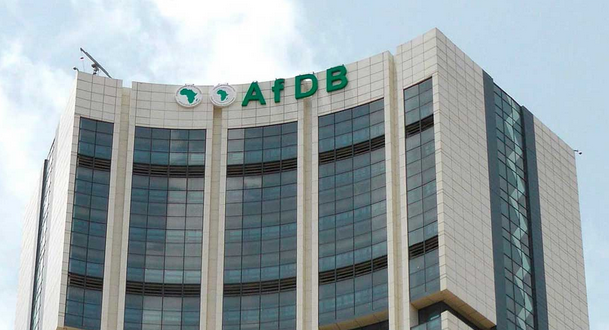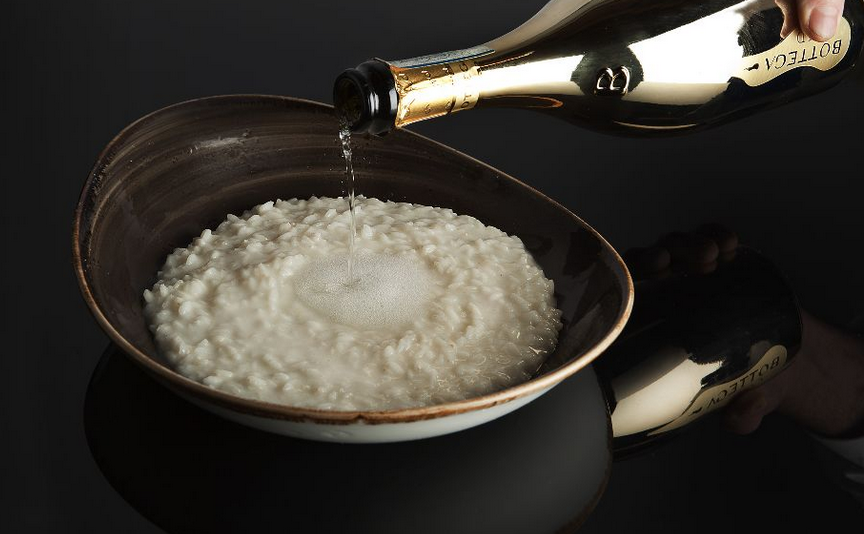On 8 May 1945, the streets of Britain erupted in celebration, as crowds gathered across London - from Trafalgar Square to Buckingham Palace - waving Union Jacks and embracing strangers.
It was Victory in Europe Day (VE Day) — the official end of World War II in Europe, a moment marking the defeat of Nazi Germany and the beginning of a new era of peace and reconstruction. Now, in 2025, we commemorate the 80th anniversary of VE Day, reflecting not only on its enduring historical significance but also how its meaning has evolved in a fast-changing world.
VE Day marked the formal acceptance by the Allies of Nazi Germany’s unconditional surrender. The capitulation came after nearly six years of the most devastating war in human history, a conflict that claimed the lives of over 70 million people worldwide.
For Britain and its allies, VE Day symbolised the triumph of democracy, unity, and perseverance over tyranny and terror. The day itself was charged with emotion.
Prime Minister Winston Churchill addressed the nation, saying: “We may allow ourselves a brief period of rejoicing; but let us not forget for a moment the toil and efforts that lie ahead.” The war in the Pacific was still ongoing, but for millions, VE Day was the light at the end of a long and dark tunnel.
While VE Day is remembered with joy and celebration, it also evokes sombre remembrance. The cost of victory was staggering — not just in lives lost, but in families broken, cities levelled, and economies ruined.
Every British town and village bore scars from the war. It’s estimated that over 450,000 British servicemen and civilians lost their lives during the war. In this context, the 80th anniversary is more than just a commemoration of military victory.
It is a solemn reminder of the resilience of a nation, the sacrifices made by a generation, and the values that emerged victorious — freedom, justice, and human dignity. Fast-forward 80 years, and the world is almost unrecognisable compared to 1945.
Today, Britain is a multicultural, digitally connected, and globally integrated society. Many of the generation that lived through the war have passed on, and the day’s relevance now lies largely in education, remembrance, and national identity.
In 2025, younger generations may feel distanced from the events of 1945, but VE Day remains an important focal point for discussing themes of national unity, international cooperation, and the cost of war. For many, it serves as a bridge to understanding history — not as a distant tale, but as a foundation for our modern world.
The legacy of World War II has helped shape institutions like the United Nations, the European Union, and NATO. VE Day, therefore, also invites reflection on how peace has been preserved and where new threats — from cyber warfare to climate change — challenge global stability.
As the direct witnesses of World War II dwindle, preserving their stories becomes ever more critical. Schools, museums, and media are essential in keeping the memory alive.
The Imperial War Museum, the Commonwealth War Graves Commission, and other institutions are using digital technology to make war archives accessible, engaging young people through virtual tours, testimonies, and interactive exhibits. This year’s anniversary is likely to be accompanied by educational campaigns encouraging children to speak to their grandparents, explore family histories, and understand how the past shapes their present freedoms.
One important evolution in recent decades is the growing recognition of the diverse contributions to the Allied victory. Soldiers, sailors, and airmen from the Caribbean, Africa, India, and across the Commonwealth played crucial roles in the war effort, yet their stories have often been sidelined in mainstream remembrance.
The 80th anniversary offers a powerful moment to bring these voices to the forefront. By acknowledging the contributions of Black, Asian, and Minority Ethnic communities, VE Day can serve as a platform for inclusive storytelling that truly reflects the global nature of the conflict and the victory.
Across the UK, commemorative events will mark the 80th anniversary. In London, a national service at Westminster Abbey is expected, alongside parades, concerts, and military flypasts. Cities such as Birmingham, Manchester, and Glasgow will host community-led events blending music, poetry, and historical exhibitions.
Yet, this milestone also arrives during a time of social and political complexity. From the war in Ukraine to the rising cost of living, the themes of conflict, resilience, and unity feel more relevant than ever. VE Day 2025 is not just about looking back; it’s about drawing lessons for today — how unity, sacrifice, and moral clarity can guide us through difficult times.
The 80th anniversary of VE Day should not be a passive exercise in nostalgia. It must be a call to action — a commitment to peacebuilding, inclusivity, and civic responsibility.
Today’s challenges require the same spirit of collective will that defined the wartime generation. Youth engagement will be critical.
Programmes that link VE Day to contemporary issues — such as global conflict, displacement, and human rights — can help make remembrance relevant to younger people. Projects that tie in creative expression, storytelling, and digital media can ensure the memory of VE Day continues to inspire new generations.
Eighty years after victory in Europe, VE Day remains a defining symbol of hope, courage, and unity. While the world has changed, the values that emerged from the ashes of war remain as vital today as they were in 1945.
As Britain and the world mark this momentous occasion, it’s a time to honour the past, celebrate peace, and renew our collective commitment to a just and inclusive future. The sacrifices of those who lived, fought, and died during World War II were made in the hope that future generations would never endure the same horrors.
Let us remember them, not only with parades and ceremonies, but through our dedication to building a better, more peaceful world!











